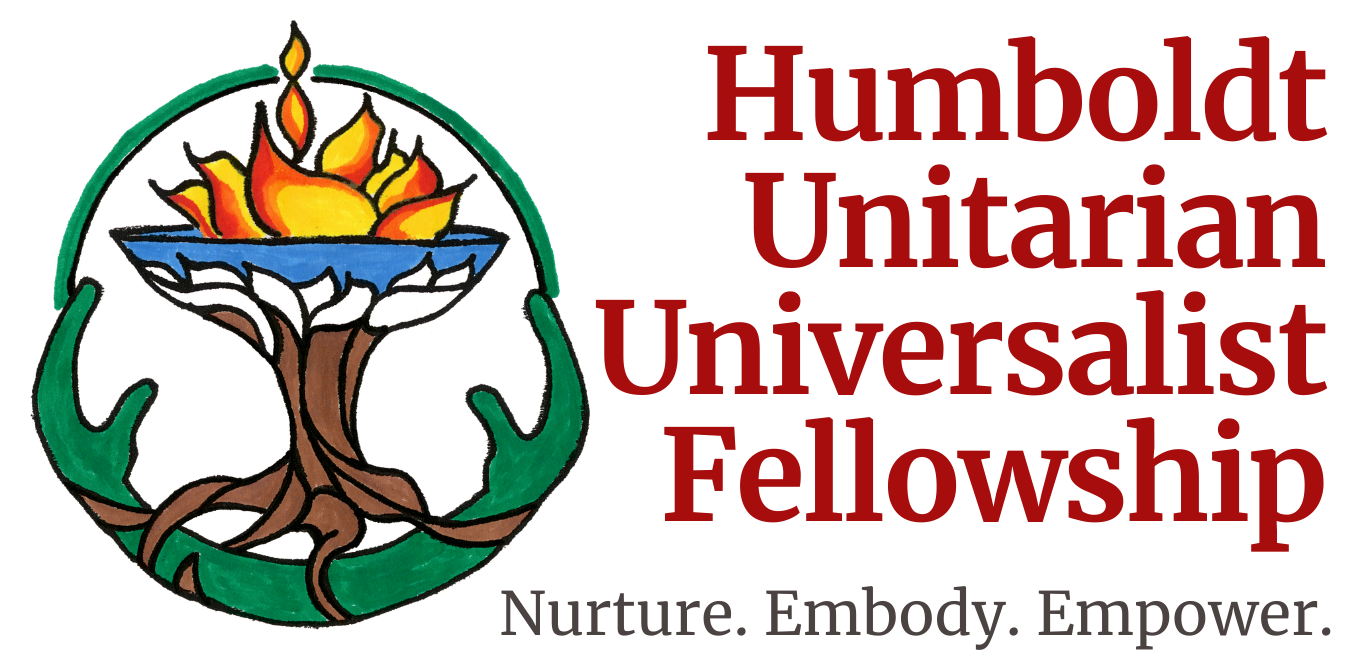Our Governance
Our fifth UU Principle calls for “the use of the democratic process within our congregations.” Each UU congregation is independent, and joins with the larger Unitarian Universalist Association on a voluntary basis. HUUF is completely self-governing: choosing its own leadership, handling its own finances, and choosing its own delegates to the UUA’s annual General Assembly.
The specific governance of our Fellowship is spelled out most clearly in its Bylaws. Basically, the highest authority is given to the congregation, the independent and voting members of the Fellowship. All members are part of the governing process. By electing a Board of Trustees, the congregation delegates to Board members their powers and authority for greater agility of decision-making and action.
In turn, the Board of Trustees works with and delegates important ongoing congregational functions to standing committees (for example, the Nominating Committee, the Canvass/Stewardship Committees and the Endowment Committee) and several other essential congregational committees. Committee Chairs meet together quarterly in open meetings of the Fellowship Council of Chairs to share priorities, engage in leadership development, and to further the purpose and goals of the congregation as a whole.
A crucial job for the congregation is selecting a Minister. When a minister is called, that is reserved for the congregation as a whole. For a contracted minister, the congregation authorizes the elected Board to manage the selection process.
Underlying foundations of HUUF’s governance, in addition to our Bylaws, are our Purpose and our Covenant. Regarding decision-making, our Bylaws state that our congregation “shall strive to make decisions by consensus.”
